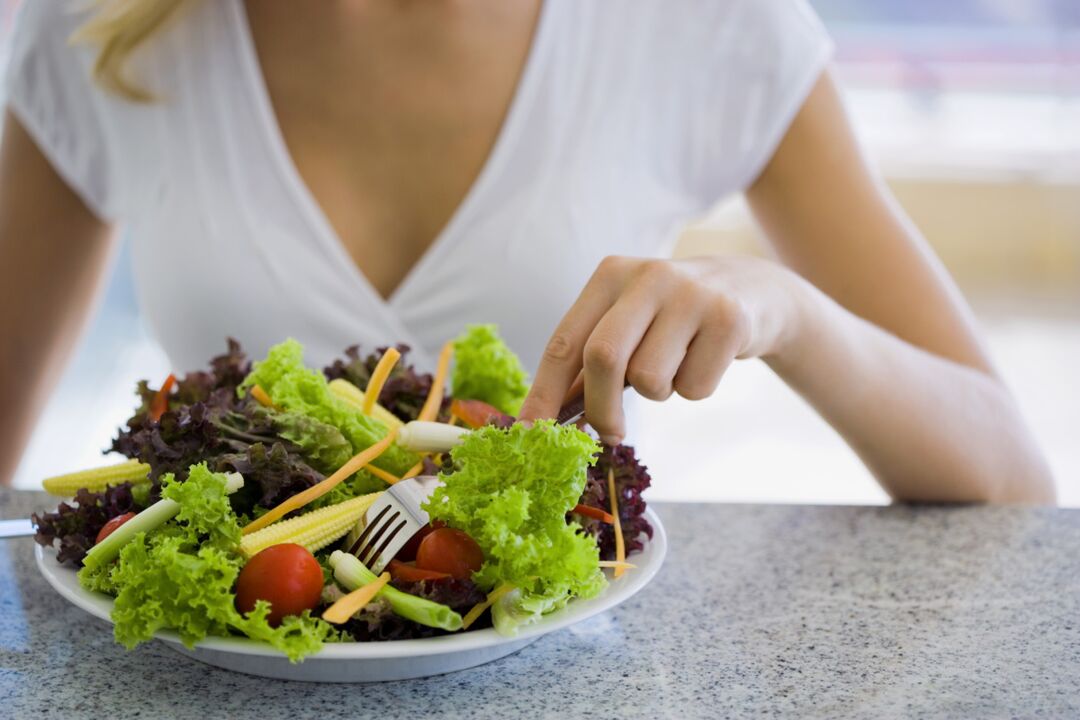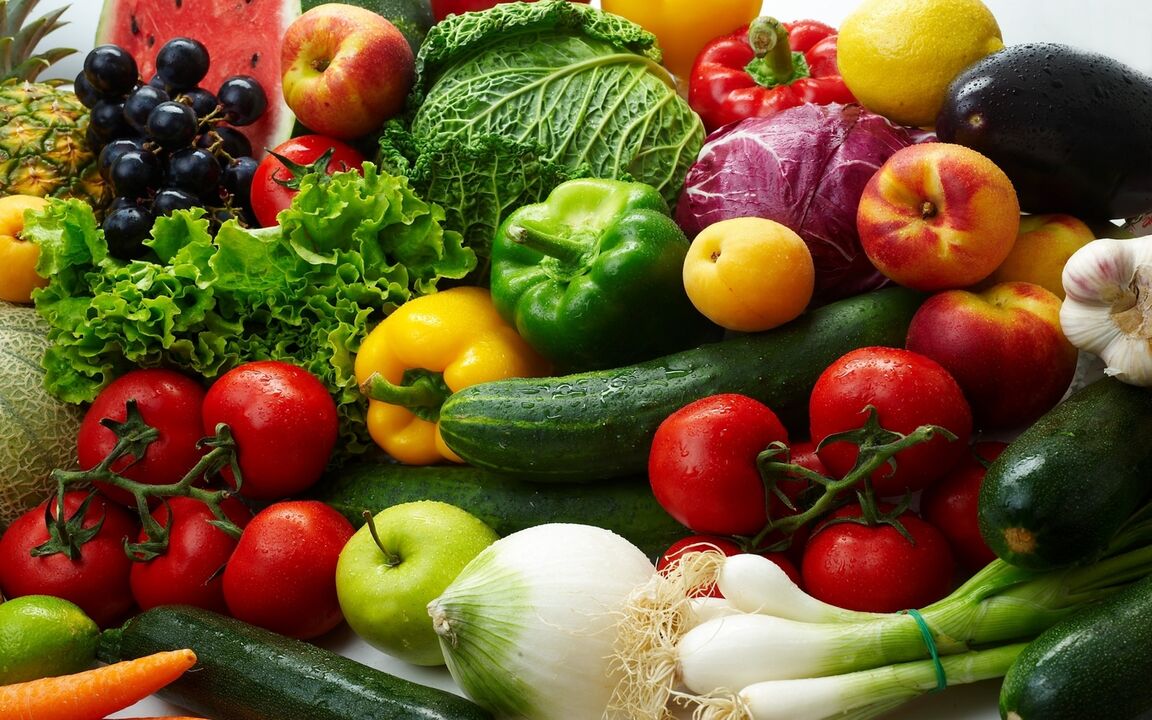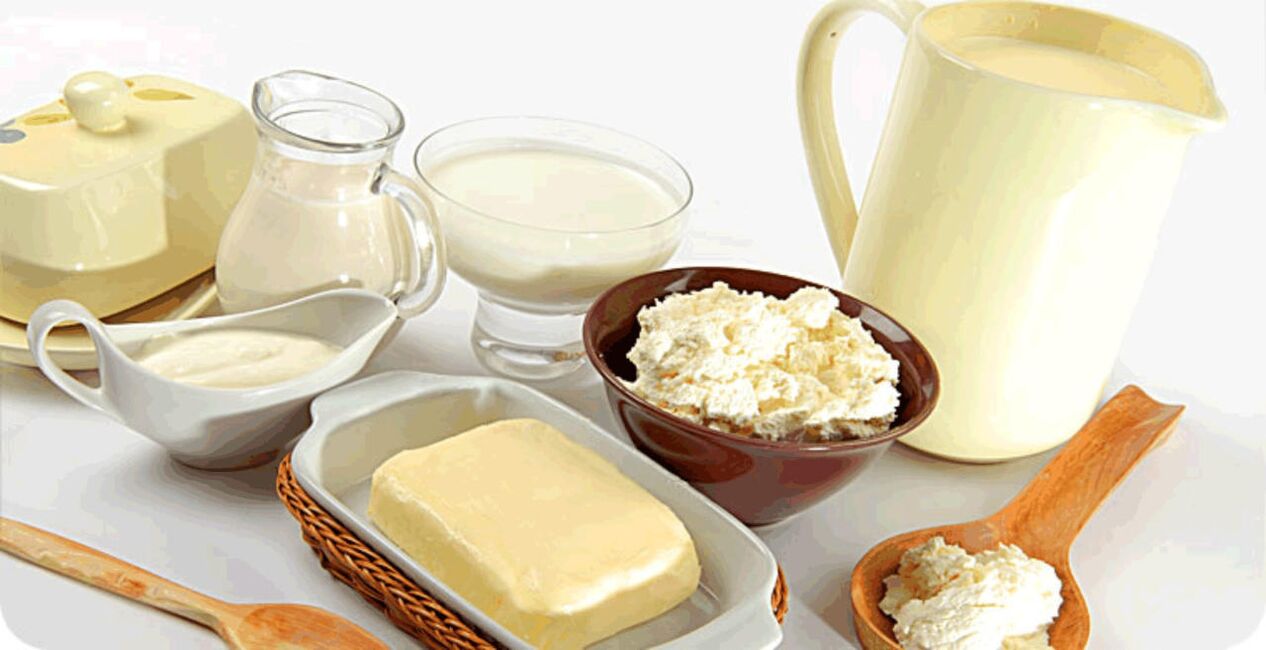In the case of serious diseases, especially autoimmune diseases, medical treatment alone is not enough. In addition to medication, the patient is prescribed physiotherapy methods and it is recommended that he follow a special nutritional system. You also need a diet for gout and high uric acid.
Which substances increase uric acid
Acute joint pain and redness of the skin indicate a violation of the metabolism of uric acid and complications caused by its excess. In general, the level of urea in the blood increases due to metabolic disorders. Acid-bound salts are converted into stones and lead to gout and gout.
First, diseases occur in people who have a genetic predisposition to them, but an unhealthy lifestyle also contributes to an increase in uric acid levels. Excessive consumption of alcohol, wheat products, sweets, fatty and spicy foods, as well as improperly limited nutrition can cause the development of the disease.
Diet for gout is not temporary, but permanent, and it can not be broken. Nutritional principles for gout can be identified:
- Complete exclusion of products containing purine: products from cocoa beans, tea, river fish, catfish, herring, sardines, asparagus, spinach, legumes, fatty beef and pork, liver.
- Reduce protein intake which increases urate content.
- Drink plenty of water to remove uric acid and salts.
- Elimination or significant reduction in salt intake. If it is consumed, then in small quantities during cooking.
- Properly balanced diet and diet, where the body can get all the necessary ingredients without being overloaded.

What foods can be consumed
Since a diet for gout and high uric acid is permanent, it should become a habit, become a lifestyle. It is better to eat according to plan, that is to provide all products and dishes in advance. Otherwise, there is an opportunity to get rid of and eat harmful products. Of course, for this you need to consult a doctor and make a list of permitted foods. The list of things that can be consumed and that you can cook dishes for gout includes the following products:
- certain types of meat and fish (chicken, turkey, rabbit meat). The meat is slightly cooked and lean;
- seafood;
- eggs (no more than one per day);
- vegetable oils (butter may also be consumed, but rarely and to a limited extent);
- cereals (except rice) and pasta;
- High consumption of vegetables, fruits and herbs is recommended, with a few exceptions - parsley, celery, radish;
- dairy products should be fat-free - yogurt, kefir, fermented baked milk, unsalted cheese;
- It is best to exclude spices, but sometimes a small amount of bay leaf, cinnamon, vanilla, vinegar can be used;
- from sweet natural products - honey, jam, marmalade;
- Alcohol should be excluded altogether, but in rare cases no more than 100 g of vodka may be allowed;
- from beverages - plain water and mineral water, juices from permitted fruits, rose broth, chicory, fruit drinks.

What not to eat
Along with the foods that are allowed to be eaten, you need to decide the ones that can not only be eaten raw, but also cooked any dish:
- sausages and fatty meats;
- tomatoes, asparagus, cauliflower, spinach;
- canned vegetables and canned fish and meat;
- mushrooms in any form;
- fatty dairy products;
- animal fats;
- plums;
- smoked products (fish, meat);
- spices;
- sweets, especially with an abundance of cream;
- spicy and salty cheeses.

A list of permitted and prohibited products should be tailored to each individual case. If a patient has concomitant diseases, such as diabetes or diseases of the internal organs, this must also be taken into account. It should also be borne in mind that different types and stages of gout require temporary restrictions, even for the chosen diet. So, with aggravation, meat and fish are completely excluded.
If a person suffers from inflammation of the joints, it is recommended to use watermelon and herbal remedies.
Proper menu
It is important not only to know what to eat but also in what circumstances to decide which dishes are right for you. For breakfast, it is recommended to choose nutritious and high-calorie but simple dishes. Suitable for: breakfast cereals, cheesecakes, scrambled eggs with vegetables, pancakes. For lunch it is better to choose the first vegetable dishes, boiled meat, steamed meatballs or chops, compote, vegetable salads, milk soups and cereals.
Dinner should be light, but do not make you feel hungry. It is desirable to choose dishes from vegetables, low-fat dairy products: vegetable and cottage cheese pots, pancakes with jam, kefir, dried fruit, steamed fish with vegetables, etc. Once a week, nutritionists advise planning a Friday. But not without food at all! For such days, small amounts of fruits and vegetables, as well as buttermilk products, are ideal.
In all cases, your doctor and nutritionist should decide which foods to eat and which to exclude. It is not safe to choose a diet yourself - in the process of treating one disease you can acquire another.














































































